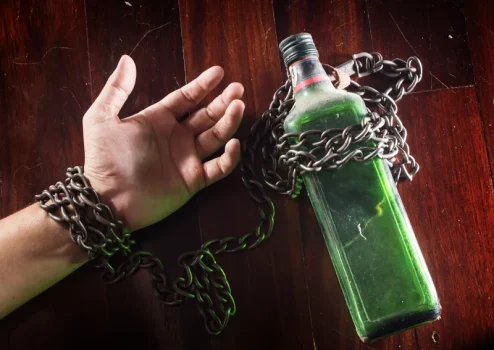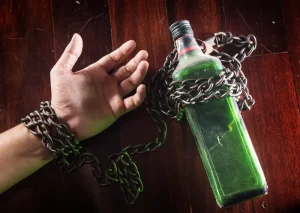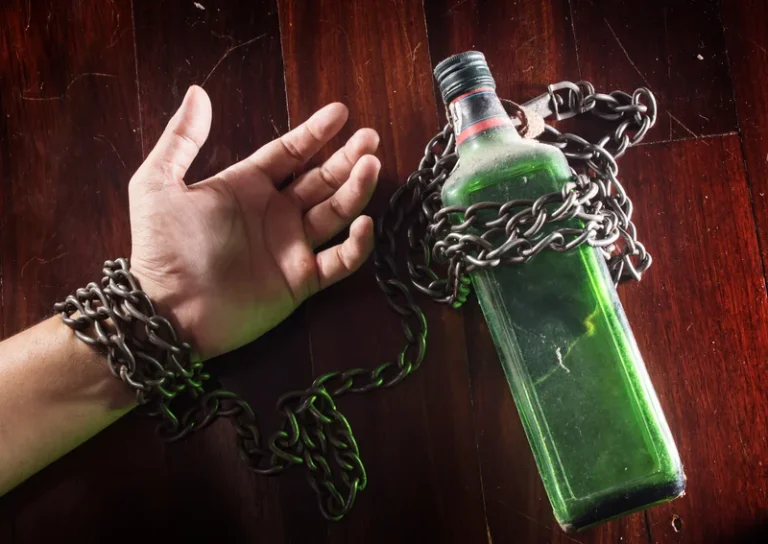
If you’re not ready to approach a health care provider or mental health professional, help lines or hotlines may be a good place to learn about treatment. You can find these lines listed on the internet or in the phone book. While use if alcohol, tobacco, and cannabis has decreased in teens, according to the MTF survey, there is increasing use of hallucinogens (psilocybin), ketamine, and, according to the CNN report, nitrous oxide. Inhalant abuse, although not widespread, appears to be an increasing problem among adolescents and young adults in the U.S. Nevertheless, abuse can cause long-term neurological damage, cardiovascular issues, and vitamin B12 deficiency. Alarmingly, emergency room visits due to nitrous oxide misuse are on the rise, particularly among teens and young adults.
Risk Factors for High-Risk Substance Use
- If your health care provider prescribes a drug with the potential for addiction, use care when taking the drug and follow instructions.
- It often represents an unmet need like stress relief or social acceptance.
- It’s up to parents to initiate a conversation with their children if they suspect drug use.
- Mark S. Gold, M.D., is a pioneering researcher, professor, and chairman of psychiatry at Yale, the University of Florida, and Washington University in St Louis.
- Sometimes called the “opioid epidemic,” addiction to opioid prescription pain medicines has reached an alarming rate across the United States.
When someone uses these or other substances on a regular basis, a healthcare professional may diagnose a substance use disorder. Research has improved our understanding of factors that help buffer youth from a variety of risky behaviors, including substance use. You’ll likely have many talks with your teen about drug and alcohol use.

Teen and Young Adult Abuse of Nitrous Oxide
They will ask a series of questions that can help determine the level of the substance use disorder. This doctor could be a pediatrician or a mental health professional, such as a psychologist or a psychiatrist. If your teen has developed a substance use disorder, you may notice that they eat or sleep too much or too little. They may try a substance as a way to rebel or challenge family rules. If those friends are older, teens can find themselves in situations that are riskier than they’re used to. For example, they may not have adults present or younger teens may be relying on peers for transportation.
Parents & Educators
But teens with a substance use disorder may not seem to care as much about their looks, and choose to focus their attention more on the substance. Still, there are some common signs to look for that may indicate a substance use disorder. It can be difficult to determine whether your teen is acting differently because they’re simply going through adolescence or if they have developed a substance use disorder. When parents are angry or when teens are frustrated, it’s best to delay the talk. If you aren’t prepared to answer questions, parents might let teens know that you’ll talk about the topic at a later time. Substances that teens may use include those that are legal for adults, such as alcohol or tobacco.
Substances Used

The method of drug use will also affect which physical signs a person experiences. This fact sheet offers young adults information on living with depression, including depression and approaches to treatment. This fact sheet offers young adults information on living with depression, including causes and approaches to treatment. It’s important to remember that substance use isn’t a poor reflection of your parenting or your teen’s character. It often represents an unmet need like stress relief or social acceptance.


1 in 5 teens has abused prescription medications, according to the Centers for Disease Control and Prevention. Get professional help from an online addiction and mental health counselor from BetterHelp. Call a treatment provider for more information signs of drug use on treating teen addiction. During the intervention, these people gather together to have a direct, heart-to-heart conversation with the person about the consequences of addiction. Substituted cathinones can be eaten, snorted, inhaled or injected and are highly addictive.
- Due to the toxic nature of these substances, users may develop brain damage or sudden death.
- His case highlights the dangers of anesthetic misuse among medical professionals.
Help Spread the Word About youth.gov
Teenagers who previously excelled may start to show reduced interest in schoolwork, lower grades, and missed assignments. Changes can occur relatively quickly and may be linked to distractions caused by drug use. Significant changes in a teenager’s weight can also be an important red flag. Monitoring such fluctuations can provide insights into a possible struggle with drug use. To find another treatment program, browse the top-rated addiction treatment facilities in each state by visiting our homepage, or by viewing the SAMHSA Treatment Services Locator.
- While illicit drug use among teens is lower today than it was at the start of the COVID-19 pandemic, a large number of adolescents still experience addiction.
- Keeping a teen’s home life and surroundings safe, clean, and comfortable is also crucial in guiding them to stay on the right track.
- Addiction is a difficult disorder for people of all ages, but teens face specific challenges when dealing with substance abuse.
- Stimulants include amphetamines, meth (methamphetamine), cocaine, methylphenidate (Ritalin, Concerta, others) and amphetamine-dextroamphetamine (Adderall XR, Mydayis).
- The best way to get a teen to communicate about their drug use is by asking compassionate and understanding questions.

Whipped cream chargers containing nitrous oxide can be purchased from retail outlets and online sources. They can also be purchased at gas stations, smoke shops, or head shops. Addiction Resource aims to provide only the most current, accurate information in regards to addiction and addiction treatment, which means we only reference the most credible sources available. If you or a loved one are dealing with drug use, contact Addiction Resource today to discover age-appropriate options.
